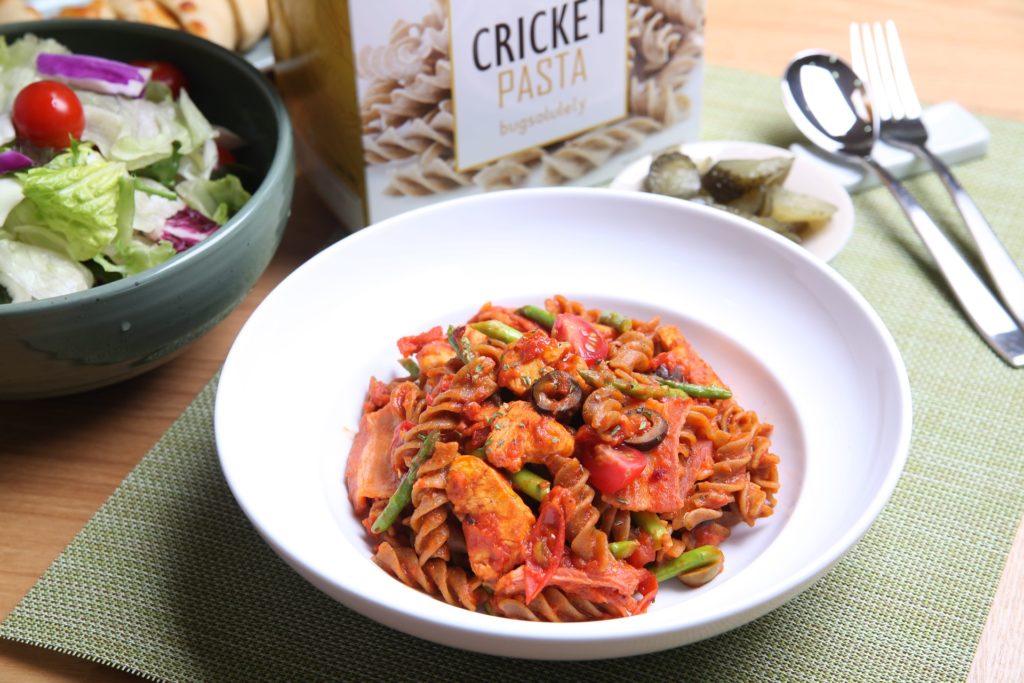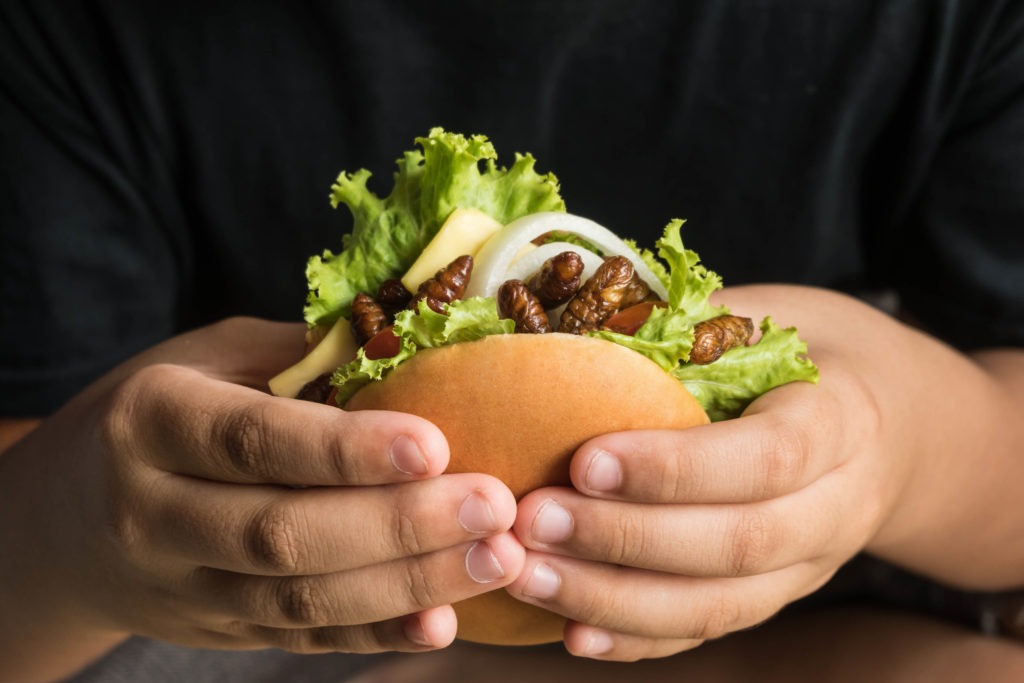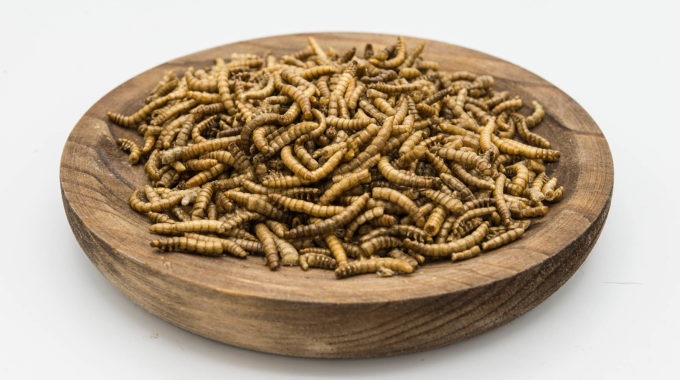Grubs up: mealworms get the nod
The European Food Safety Authority has deemed yellow mealworms safe for human consumption, potentially paving the way for future approvals around the world.
In Australia, there are many native edible insects, which Indigenous Australians have eaten for tens of thousands of years. However, currently only introduced species, such as the Achetta domesticus species of cricket, are legal to farm and sell for human consumption.
The United Nations estimates that the global edible insect market will be worth $8 billion in 10 years’ time. This latest approval for mealworms only reinforces market expectations for the insect industry. While this particular announcement only concerns the whole insect for the moment, the new assessment is a key step for the overall insect sector towards selling insect ingredients. These represent the largest and most promising human food market segment in terms of value and volumes. Especially in sports and health nutrition, but also in other areas such as pet food and livestock feed.

Benefits abound
When combined with fibre, minerals, probiotics and fatty acids, insect proteins like mealworms can be particularly beneficial for athletes. But they can also be useful for people concerned about their general health and fitness. Interest in this category is huge. This is due, in part, to the fact that insects are a completely natural, less processed alternative to many current sports and health food offerings.
There are also many potential health benefits to eating insects. A 2019 German study found that mice showed a dramatic reduction in cholesterol when fed insect meal. Another US study fed a group of people a breakfast of muffins and shakes made from cricket meal for two weeks. It found that crickets could help to support the growth of good gut bacteria, while also reducing inflammation in the gut and intestines.

A sustainable solution
Insects’ high protein content makes them a highly digestible, premium ingredient that can be used for digestive diseases. It could also be used as nutrition for older people. Insects are lower in calories and fat than some other protein sources. This also makes them a potentially effective way to combat obesity. Further, edible insects could help to address the global problems of food insecurity and malnutrition. Insects are not only energy-dense and high in protein; they’re also relatively cheap and to produce quickly and efficiently.
In order to feed the planet by 2050, when our population is expected to hit 10 billion, humans must produce 70 percent more food using only five percent extra available land. This makes it essential that we develop alternative food systems to support this growing need. Farming insects like mealworms requires a great deal less land and water. It also produces far fewer greenhouse gases than farming traditional protein sources like beef.
Want to give edible insects a try? Check out the product range from Hoppa Foods.









